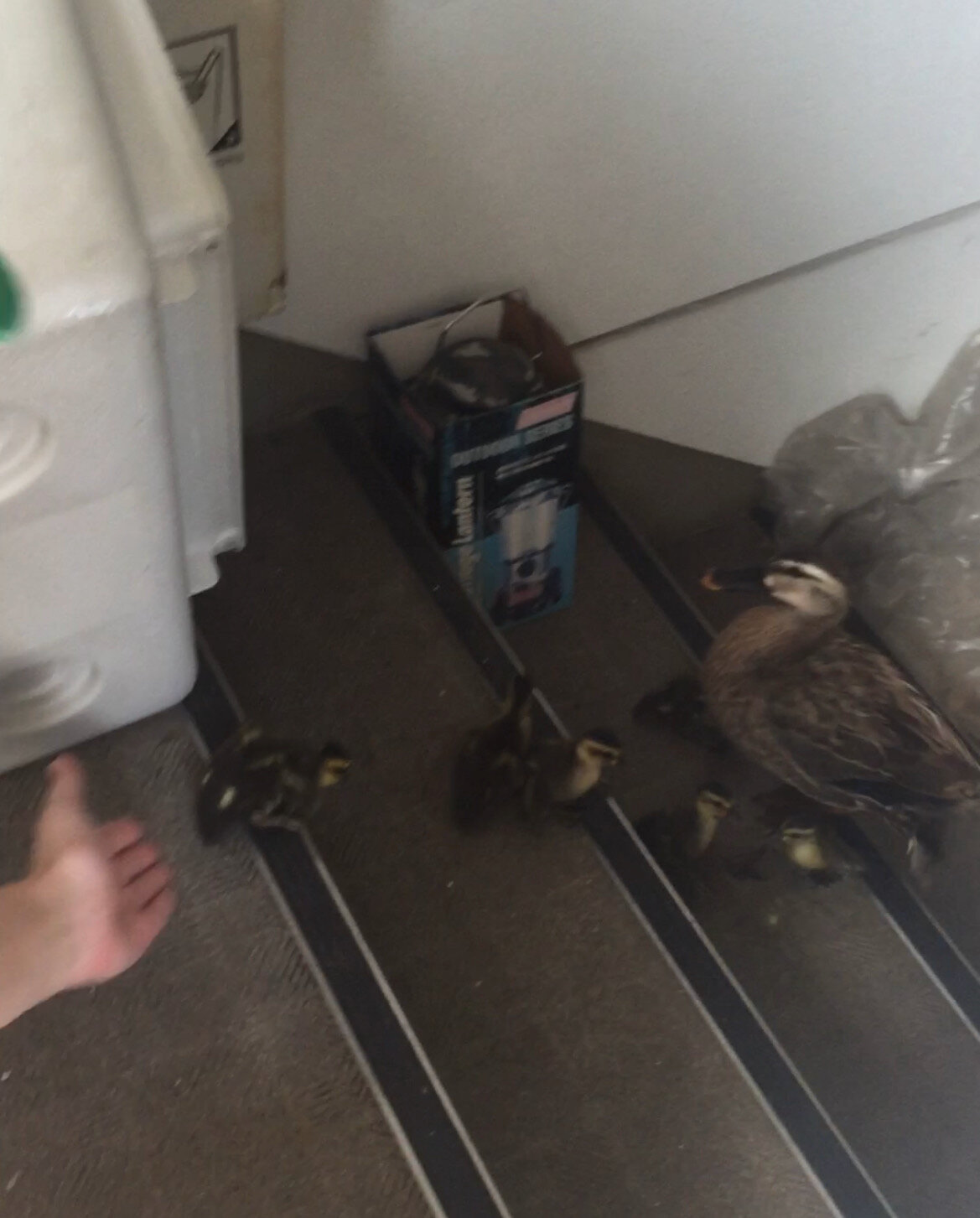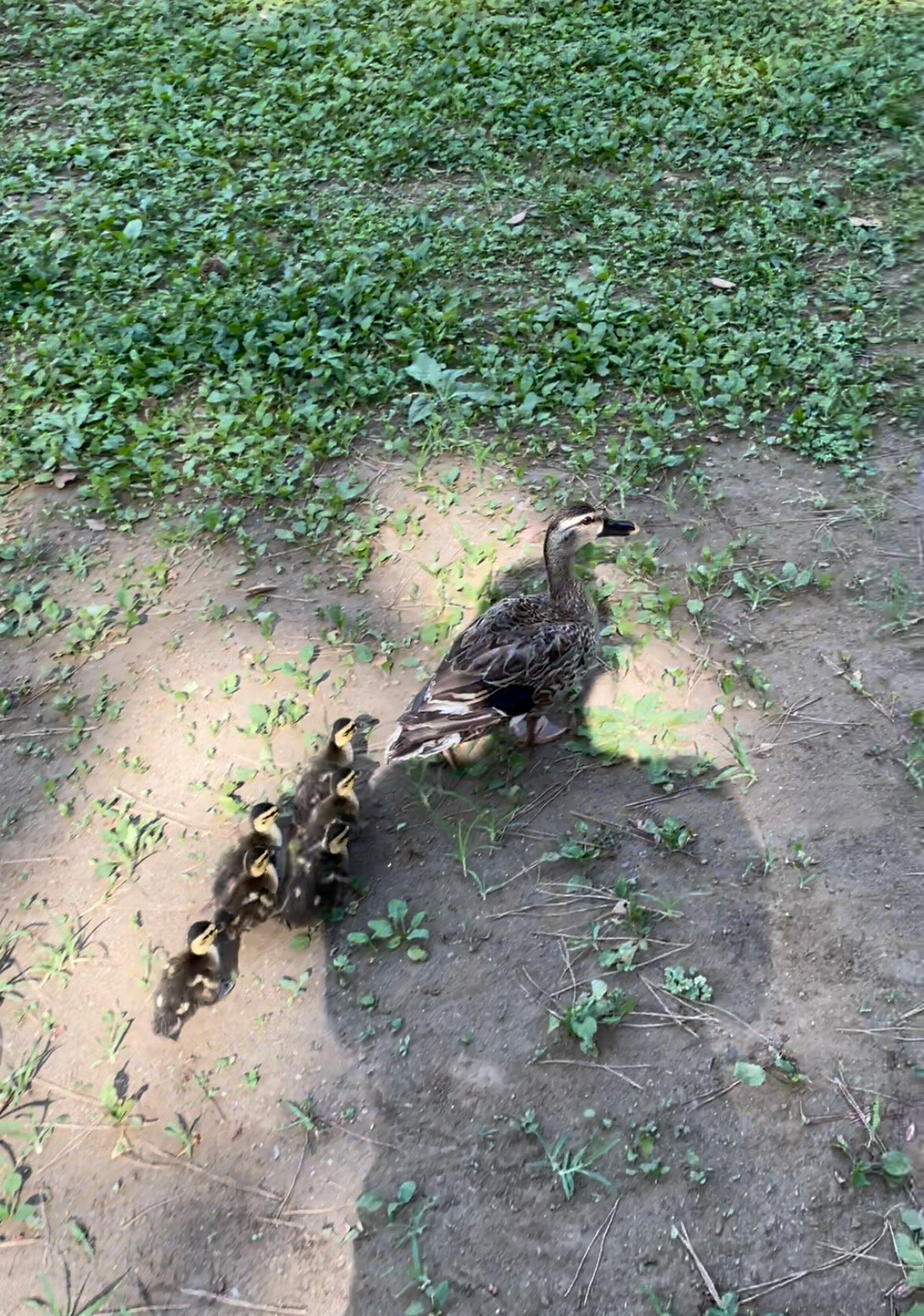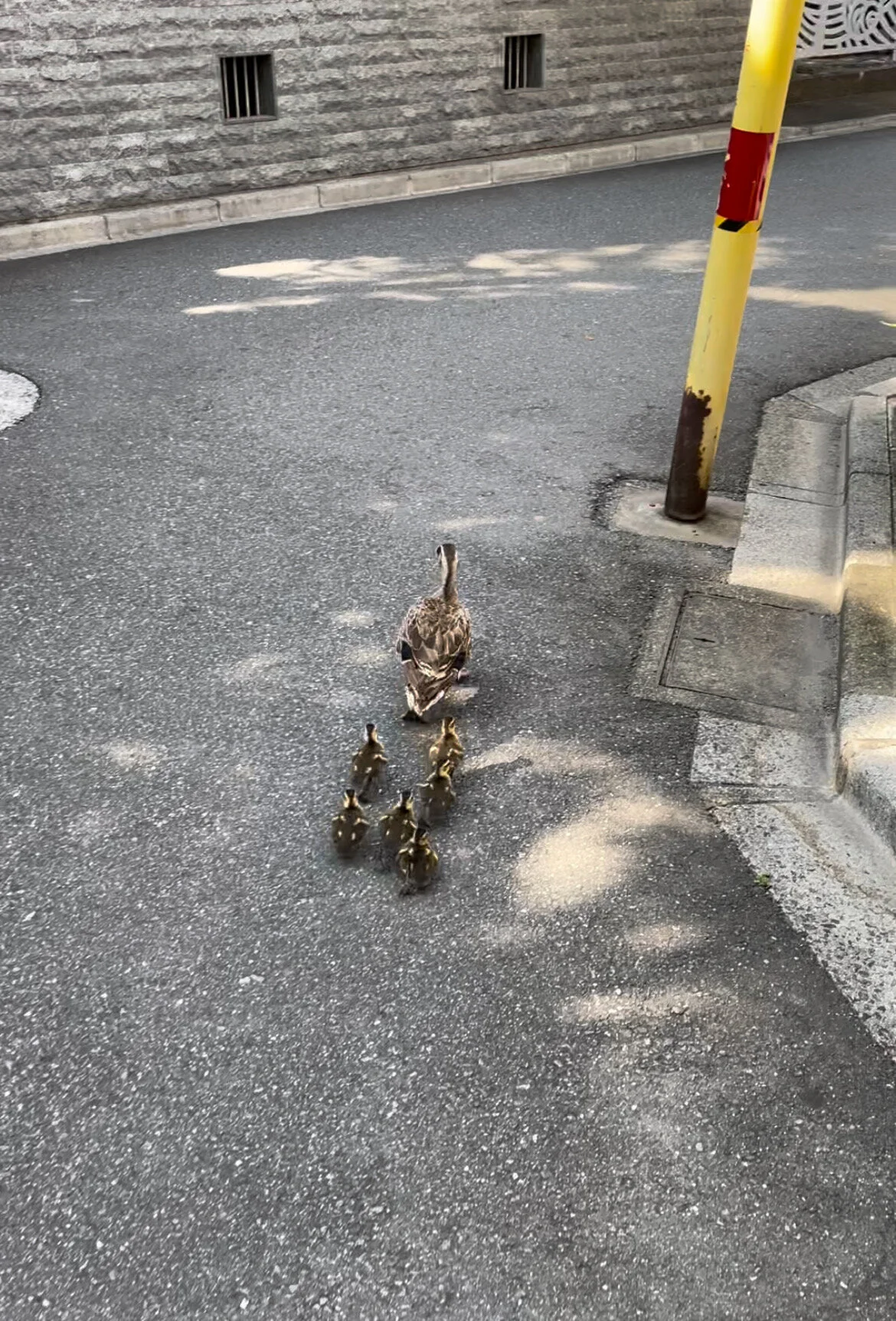I’m back at the gym and I have no idea what I’m doing.
There’s a general point to each workout, but other than trying to avoid an expanding waistline, and my need to see other living humans in my peripheral vision, there’s no long-term goal or event I’m lifting for. My split jerk is finally looking halfway decent; yet, I’m not sure if I want to keep chasing the possibility of weightlifting competition.
A pandemic, plus a surge in cases of Covid-19 infections during the summer, temporarily kept me away from the gym. With life returning to an adjusted normal and gyms reasonably safe, the opportunity for safer competition is there. But somehow, the gloss has worn off.
Like The Clash song, I’ve never been very good at leaving. Boyfriends, sports, gyms; I always tend to stay a little too long. It once took my getting dumped three times by the same person before I realized that the relationship may have run its course. You’d think I’d have figured it out by the second time, but my unflagging optimism stubbornly claimed that our happier memories far outweighed the numerous red flags. Compounded by the urge to avoid the loss of time, money, emotions, love spent, I’ve clung to anchors while drowning.
Insecurity has had a lot to do with it, but cycling also set me up for failure in that regard, where feeling like you’re having a heart attack is a package deal with having fun. Although the sport taught me the importance of mental fortitude, there was a constant suggestion that my inability to be better at the sport was due to some lack of dedication. If I’d been committed enough, I thought, I’d be able to lose more weight, climb faster, pedal longer. In an effort to prove my love, I spent too many years chasing an arbitrary number on the scale while my relationship with food went from disordered to out of control. I still struggle with it and the digestive issues it has since created.
The fear also lingers. Lacking absurd strength for my size and weight, serious competition in weightlifting would necessitate a hard weight cut. I can’t definitively say that it would be worth it. It’s not just the risk of spiraling or ending up in a place where I am waiting – desperately and endlessly – to be happy until I reach some goal weight or lose X number of kgs. With Covid having shrunk our social interactions to the exchange digital emojis, could I pass on a chance to touch, hug, and laugh with friends I haven’t physically seen in too long, because I’m training for a competition? The answer for me, right now, is no.
That said, my workouts continue to center around the snatch and the clean and jerk. Kettlebell movements, pull-ups, push-ups, and even the occasional jog have been added; which is to say that I’m doing CrossFit in slow motion. While I expected my step back from weightlifting to bring about some existential turmoil, it’s opened up the opportunities to fail spectacularly at some calisthenics movements. At times I struggle with how generally aimless my workouts currently are, but there’s a relief and a freedom in choosing not to do the things I’m supposed to do, to not feel the need to prove my love to anyone else.
Last week, I hobbled to the stretching area of the gym after I hit a front squat PR. I joined a few other people, outstretched or contorted on the foam mats, all of us trying to work out our individual kinks.
























